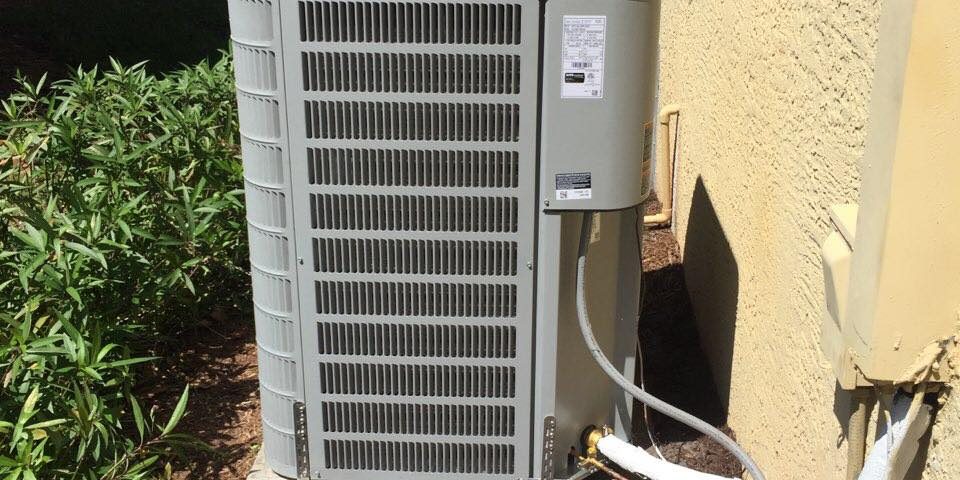An HVAC system plays an important role in enhancing the well-being and comfort of everyone’s home and business. However, it is very important that the system is working efficiently since it will help to reduce your monthly bills to a great extent.
If you are looking to purchase a new HVAC system, it is important for you to understand the various rating systems which are utilized for measuring the cooling and heating efficiency. In fact, you will come across lots of different terms as well as rating systems which might appear to be rather confusing to you particularly if you do not have any previous knowledge of working with these HVAC systems.
Although it might be confusing at the beginning, you will be able to comprehend this topic of energy efficiency by performing adequate research. This will likewise help you to save a considerable amount of cash in the long run. Here is why HVAC efficiency ratings are important.
But first, let’s look at some common terms related to this industry.
SEER:
We use SEER (Seasonal Energy Efficiency Ratio) for calculating cooling efficiency. It shows the amount of input required to operate the A/C unit during the entire season. The Department of Energy demands a minimum of 14 SEER for those states that are comparatively warmer and 13 SEER for all those which are cooler.
HSPF:
An HSPF or an AFUE is used to calculate heating efficiency. It is almost the same as SEER since it also calculates the efficiency during the whole season. HSPF is an acronym for Heating Seasonal Performance Factors. The heat pump is more energy efficient in case the rating is higher.
AFUE (Annualized Fuel Utilization Efficiency Ratio) is used for measuring the percentage of heat which is generated for every single dollar that is invested for fuel. In case your energy consumption is smaller, the rating of the AFUE is going to increase.
EER:
EER (Energy Efficiency Ratio) is measured by making use of higher average temperatures as compared to the SEER. It likewise takes into consideration the humidity removal. You must consider both these rating systems in order to ascertain the performance of your machine in different weather conditions. Higher numbers mean reduced consumption of energy in case of both the SEER and EER.
Energy Star:
The Environmental Protection Agency has created this term (Energy Star) for indicating products having a higher energy efficiency level. In this way, it becomes extremely easy for us to determine those HVAC units which are more energy efficient. Certain specifications have been specified by the EPA for the HVAC systems to attain the Energy Star rating.
Why do HVAC efficiency ratings matter?
In spite of the fact that HVAC units having higher ratings will utilize less energy but in most cases you have to make a considerable financial investment in purchasing them. However, it is recommended to find a good balance between the two so that you are able to enjoy high energy efficiency while spending a reasonable amount of money.
Contact us today for a free quote (561) 746-3757.






